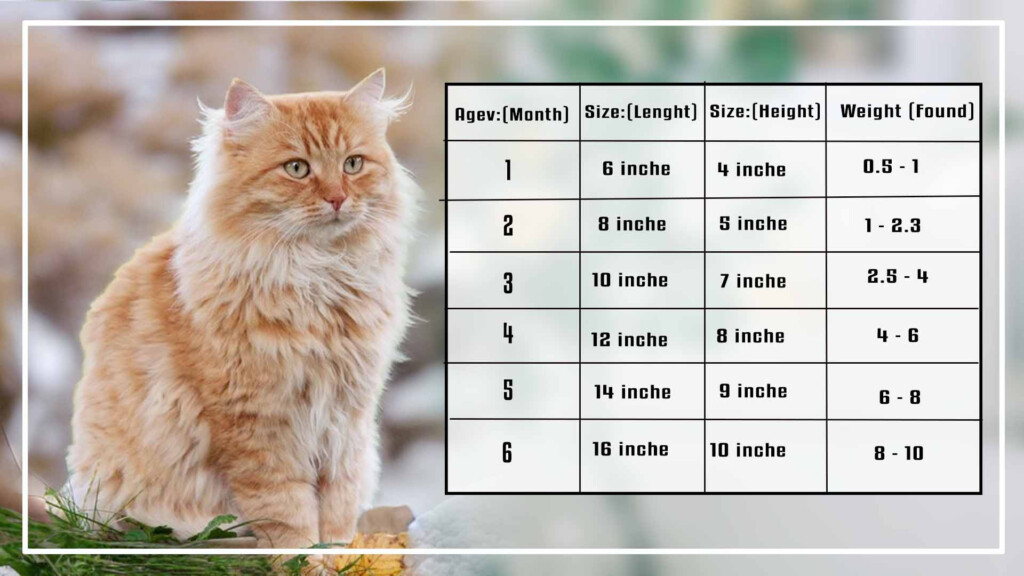As a cat owner, it’s important to monitor your feline friend’s weight to ensure they are healthy and happy. The average weight of a cat can vary depending on their breed, age, and size. Typically, a healthy adult cat weighs between 8 to 10 pounds. However, this can vary significantly, with some breeds weighing as little as 5 pounds and others as much as 20 pounds.
It’s essential to consult with your veterinarian to determine the ideal weight range for your specific cat. Regular weigh-ins and monitoring of your cat’s body condition score can help you track their weight and make adjustments to their diet or exercise routine if needed.
Average Cat Weight Chart
Factors Affecting Cat Weight
Several factors can influence a cat’s weight, including genetics, age, activity level, and diet. Kittens tend to be lighter in weight, with most reaching their full adult weight by the time they are 1 year old. Neutering or spaying can also affect a cat’s weight, as altered cats tend to have a slower metabolism and may be prone to weight gain if not monitored closely.
It’s crucial to provide your cat with a balanced diet that meets their nutritional needs while also ensuring they get enough exercise to maintain a healthy weight. Avoid overfeeding your cat or giving them too many treats, as this can lead to obesity and health issues down the line.
Monitoring Your Cat’s Weight
Regularly weighing your cat and keeping track of their weight on a chart can help you identify any changes that may indicate a health issue. Sudden weight loss or gain can be a sign of an underlying problem, such as thyroid issues, diabetes, or kidney disease. If you notice any significant changes in your cat’s weight, it’s essential to consult with your veterinarian for a proper diagnosis and treatment plan.
By staying informed about the average cat weight chart and monitoring your cat’s weight regularly, you can ensure that your furry companion stays healthy and happy for years to come.
